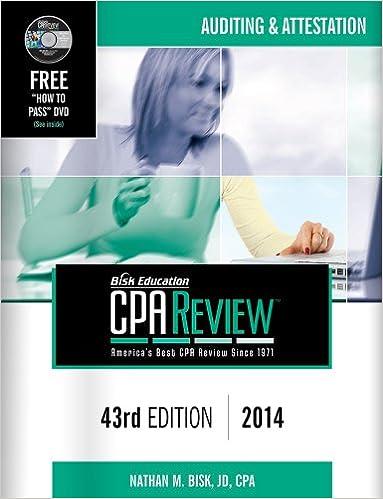Question
Budget reform in South Africa Introduction State effectiveness is both an imperative and a challenge for many African countries. The challenges of deep poverty and
Budget reform in South Africa
Introduction
State effectiveness is both an imperative and a challenge for many African countries. The challenges of deep poverty and few domestic resources to assist citizens are often coupled with low human resources capacity in the state and with inadequate systems to ensure that the available resources are used to their maximum effect. Therefore, it is not surprising that reforms to budget management systems have been a priority for African governments and their development partners.
It is significant that several countries in Africa have made marked progress in establishing effective systems of economic governance and public financial management, signalled by growing economies in a context of improved macro-fiscal stability, improved fiscal transparency and, in some, positive changes in public sector related social indicators such as access to education and educational attainment of the population, improved access to health care and reductions in infant and maternal mortality rates, and reduced income poverty. Even in countries where there were initial setbacks to reforms, further programmes have taken the lessons learnt on board and are bringing about improvements in macro-fiscal and public expenditure management.
The South Africa context
In 1994, South Africa undertook its first democratic election allowing the excluded 80% of the population to vote for the first time. The backdrop is a deeply divided society, with deeply embedded traditions of racial exclusion. The democratic transition was the culmination of a long period of international and local struggle, the resolution of which involved several difficult compromises.
Apartheid era civil servants were granted a sunset clause protecting their jobs. Amnesty for apartheid crimes were granted on the basis of truthful disclosure. These and others constrain the speed of reconstruction and equalization. The country also faced several serious macro-economic challenges:
- Poverty and inequality were entrenched and formal sector unemployment stood at around 35 40%.
- The economy had not recorded positive growth rates since the early 1970s.
- The apartheid government had built up internal public debt that consumed 22 cents of every government Rand spent.
- The country faced a new intergovernmental relations system. The new constitution divided the country into nine unequal provinces and largely devolved to them responsibility for social services.
- The country already spent as much as any other developing country on social services, yet as a result of racial discrimination, social outcomes were considerably lower than countries in this group.
- Budgeting in South Africa was an executive dominated process, with parliament operating as a rubber stamp and civil society virtually excluded from participating.
The complex challenge in South Africa can be expressed in budget terms as: the urgent need to reprioritize existing budget resources and service delivery from tertiary services to middle-class white people in cities towards primary services for low-income black people in the rural areas of the weakest provinces. In order to meet this challenge, the entire budgetary system required reform, including the design and implementation of a new public financial management system, the collation and publication of substantially improved budgetary information, provision for the participation of civil society and parliament, and enhanced accountability of civil servants.
Questions:
- How would you describe the budget reform that took place post-1994?
- What strategic principles were introduced during the after-1994 budgetary reforms?
- How did those reforms influence budgeting as we know it today?
- What lessons can be learned from past reforms?
References
- Krafchik, W. 2001. Inclusive national budgeting: A South African case study. Regional Workshop on Participation and Empowerment for Inclusive Development Peru, July 9 11, Washington, D.C.: International Budget Project.
- Flscher, 2006. Introduction: African Experience with Budget Reform. OECD Journal on Budgeting, 6(2):1-16.
Step by Step Solution
There are 3 Steps involved in it
Step: 1

Get Instant Access to Expert-Tailored Solutions
See step-by-step solutions with expert insights and AI powered tools for academic success
Step: 2

Step: 3

Ace Your Homework with AI
Get the answers you need in no time with our AI-driven, step-by-step assistance
Get Started


